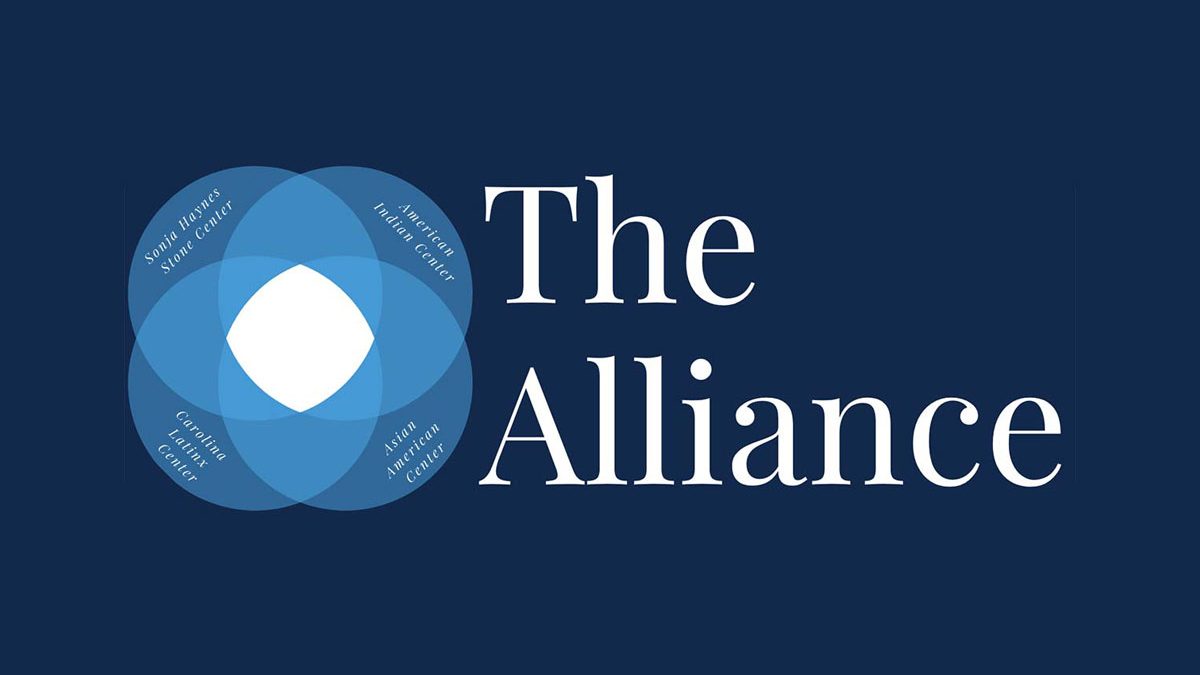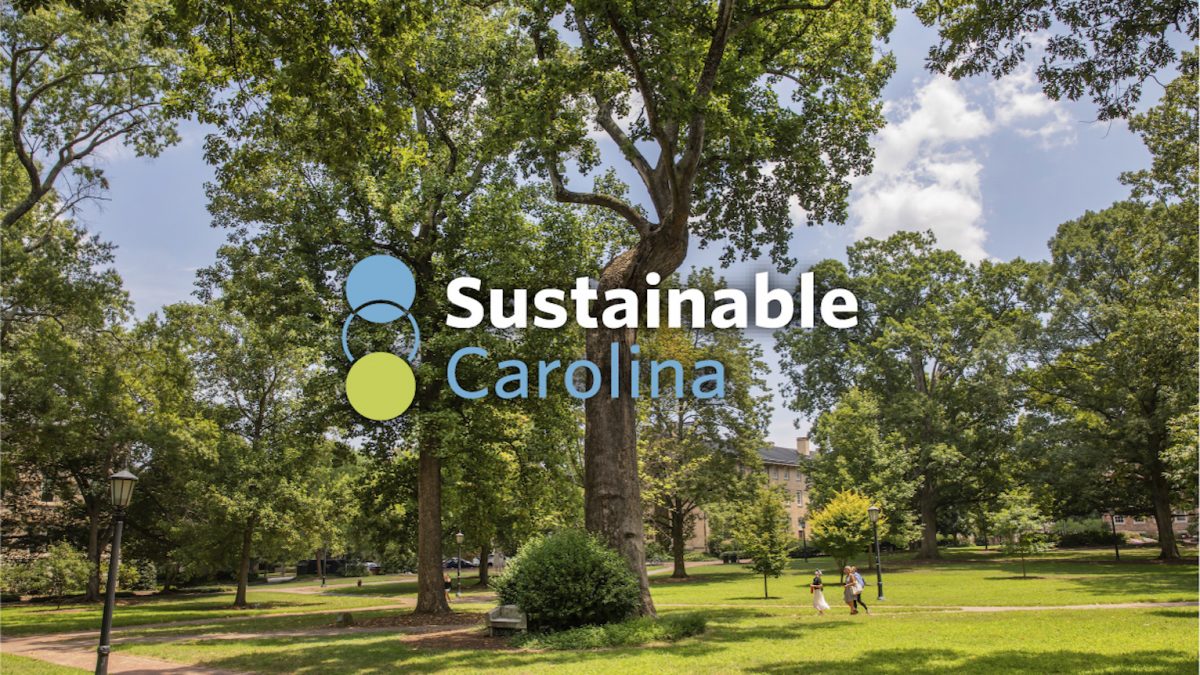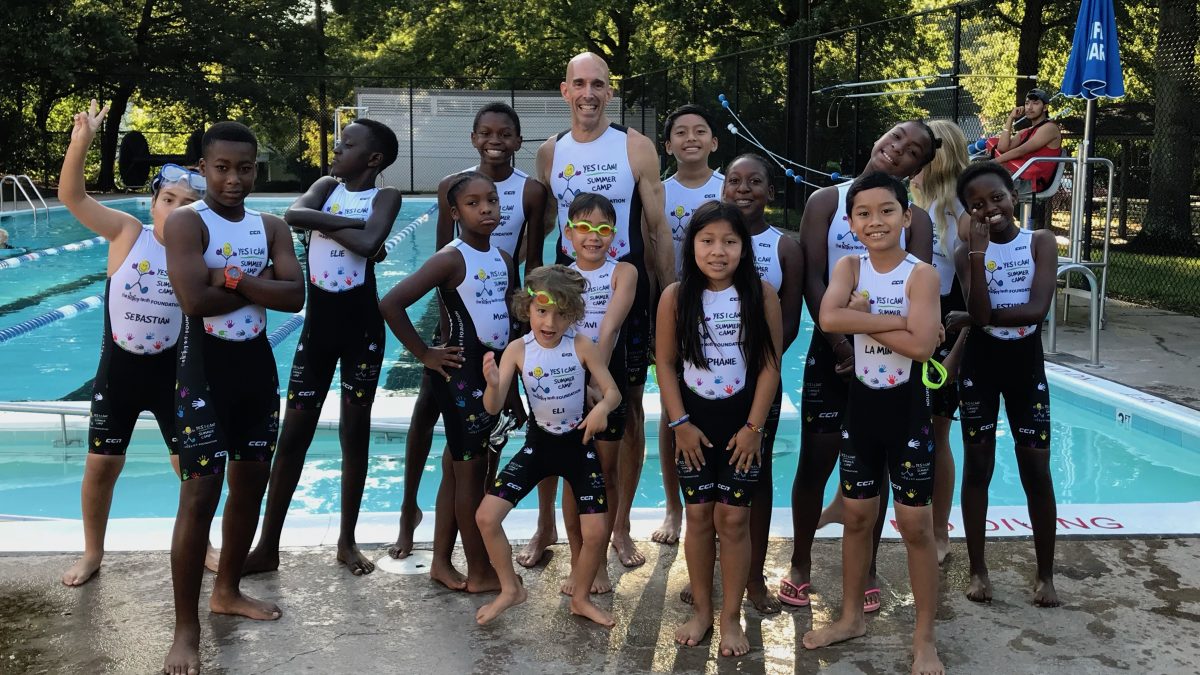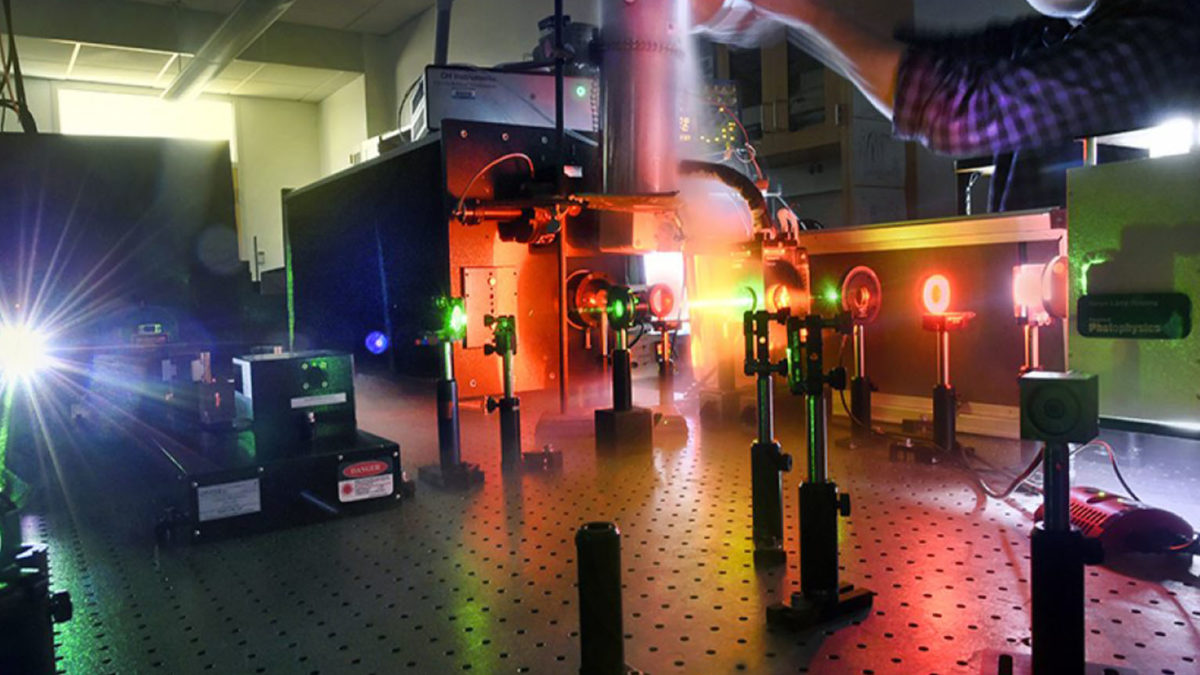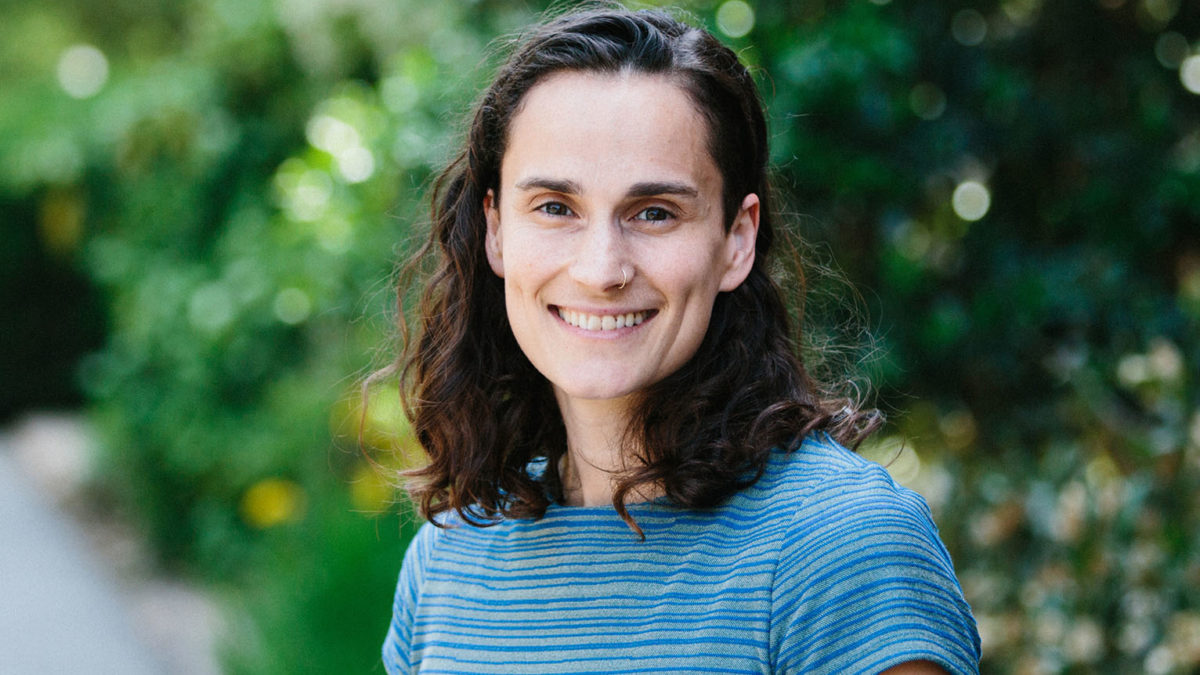Accelerating COVID-19 Research
A new fund will provide immediate support to Carolina’s COVID-19 research teams.

A new fund will provide immediate support to Carolina’s COVID-19 research teams.
UNC-Chapel Hill launches a new fund to provide immediate support to Carolina’s COVID-19 research teams.
Carolina is on the frontlines of COVID-19 research.
As one of the first research facilities in the U.S. to receive a COVID-19 sample and begin testing for potential therapies, UNC-Chapel Hill is in the process of developing at least two promising antiviral treatments for patients with COVID-19.
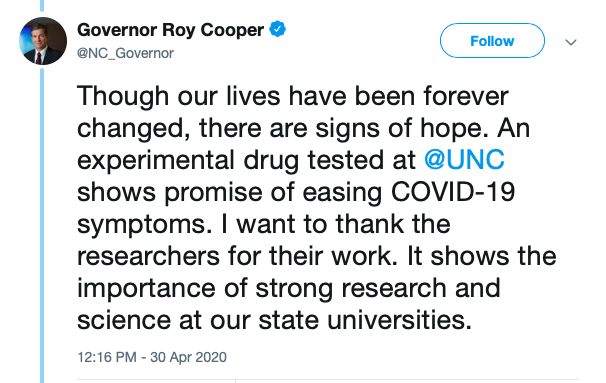
The University is also home to the doctor and her team who introduced a COVID-19 test that produces results in only four hours, and a bevy of other microbiology, immunology, epidemiology and pharmacology experts who are working around the clock to mitigate suffering and bring relief to communities locally and globally.
UNC-Chapel Hill researchers and experts have appeared on national news and media outlets — including the Today Show, MSNBC and CNN — and have served as sources for reporters at The New York Times, the Associated Press and other national and local publications.
Carolina has been a leader in pandemic research for decades, from pioneering treatments for infectious diseases like HIV/AIDS to leading novel testing and development of antiviral therapies and vaccines for emerging threats like Ebola, Zika and coronavirus. Ranked as the top U.S. university in coronavirus research, named the sixth most innovative university in the worldOpens in new window, and proud to house five top-ranked health sciences schools, the University’s breadth and depth of COVID-19 research is truly astounding.
“Carolina’s $1.1 billion research enterprise has time and again discovered solutions to the world’s most critical problems, and this pandemic is no exception,” said Chancellor Kevin M. Guskiewicz. “Our researchers and experts will solve the challenges at hand and to do so, they need our support.”
While some of Carolina’s researchers have been studying coronaviruses for years, many others pivoted the focus of their research and refitted their labs and are working collaboratively to better execute a rapid response to the COVID-19 pandemic. These research teams require a flexibility in funding so they can move quickly to save lives, reduce suffering and safely reopen our state, our nation and our world.
No one on campus knows more about Carolina’s research needs and funding gaps than UNC Vice Chancellor for Research Terry Magnuson. That’s why his office — which oversees, develops and supports Carolina’s research enterprise — launched the UNC COVID-19 Research Accelerator Fund to provide critical, unrestricted support to Carolina’s world-renowned COVID-19 research teams.
“At Carolina, experts from many fields are deeply engaged in discovering and testing therapies for this disease and pioneering strategies that will combat the spread of the virus,” said Magnuson. “With the support of the new fund, they’ll be enabled to arrive at solutions much faster.”
Donations to the UNC COVID-19 Research Accelerator Fund will immediately and directly support research into the cure, treatment and prevention of COVID-19 — eliminating roadblocks and cutting through barriers to provide the resources most needed to mitigate this pandemic and prepare us for the next.
Contributions to the fund will help:
- enable testing to assess the extent of COVID-19 transmission both in the population and among health care workers;
- hire and support postdoctoral trainees and graduate research assistants who work on pandemic cures, treatments and strategies;
- cover costs of critically needed and hard-to-obtain supplies, personal protective equipment, reagents and equipment for the UNC teams performing COVID-19 research and testing;
- provide seed funds to launch new research into promising treatments, drugs and therapies to combat COVID-19 and eradicate the coronavirus; and
- aid the national fight against COVID-19 by providing matching funds for UNC’s work for federal and foundation research funding partners.
“While we’ve had consistent support from the University and our federal partners, it takes six to nine months to get research support from federal sources, which slows urgent progress” added Magnuson. “Private gifts made now will have an immediate impact and save lives.”
Make a donationOpens in new window or learn more about the UNC COVID-19 Research Accelerator Fund here. For questions about specific areas of research, contact Mark Meares, associate vice chancellor, UNC Corporate and Foundation Relations and Talent Management, at [email protected]Opens in new window.
